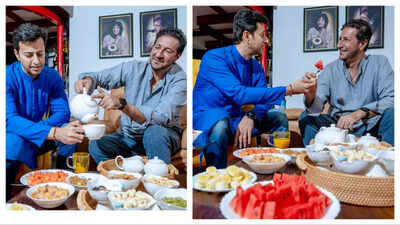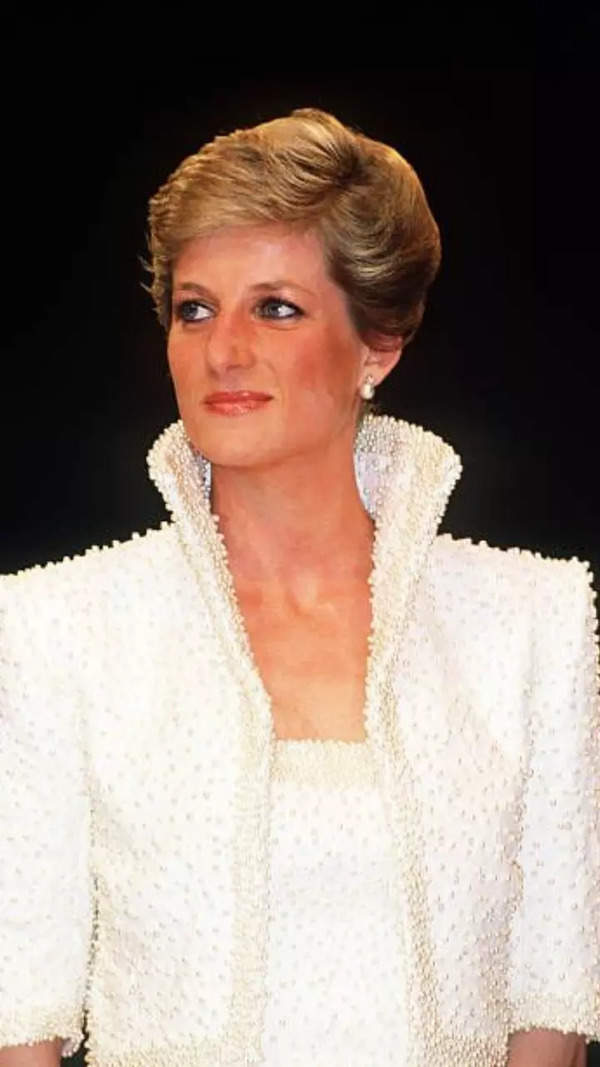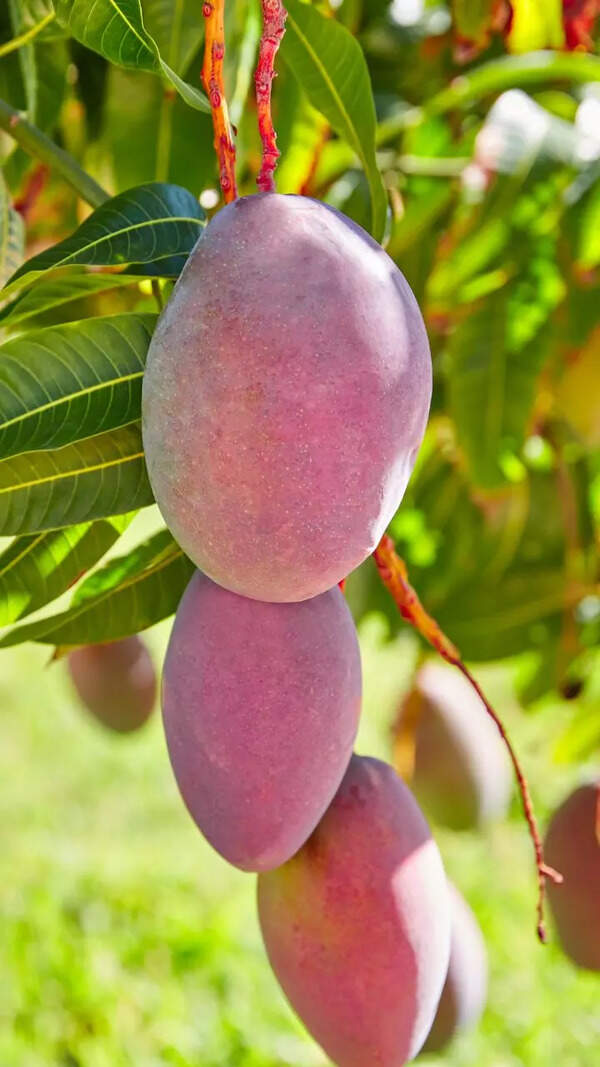- News
- entertainment
- hindi
- music
- Breaking the fast with your loved ones is a beautiful moment: Salim-Sulaiman
Trending
Breaking the fast with your loved ones is a beautiful moment: Salim-Sulaiman
Bollywood composers Salim-Sulaiman shared their spiritual connection with Ramadan, emphasizing the significance of Iftar as a moment of togetherness with family. They value the blend of faith and music, highlighting its role in fostering community bonds. Their experiences with traditional dishes and challenges of fasting while traveling were also discussed, underlining their dedication to devotional music.
Bollywood music composer duo Salim-Sulaiman Merchant known for hits like Shukran Allah, Ali Maula and many others, recently welcomed us into their Juhu studio for Iftar. Over plates of food and steaming cups of tea, they reflected on the spiritual essence of Ramadan, their deep connection with devotional music, and the strong sense of community the holy month fosters.
‘Ramzan draws you closer to yourself’
For Salim Merchant, Ramadan is much more than just abstaining from food and drink. “Ramzan brings a sense of peace and a deep surrender to spirituality. It draws you closer to yourself. Fasting teaches you to let go of worldly pleasures—it's a practice with profound meaning and impact,” he reflects.
Iftar is a cherished moment of togetherness for the brothers. Sulaiman Merchant says, “Breaking the fast is a beautiful moment—sitting together with family and dear ones, indulging in conversations that range from music to world politics. It’s generally a very peaceful atmosphere.” He fondly recalls Iftars with his parents. “I remember Iftars with my parents where the whole family sat together. The one dish I really looked forward to was Russian kebabs. It was my dad’s favorite and mine too. Although you can’t eat too much immediately after breaking your fast, that was something I always waited for.”
Talking about staple dishes in the Merchant household, Sulaiman shares, “Most Iftars at our house always have fruits, dry fruits, and most importantly, chai and coffee. One protein meal, maybe even a protein shake, helps maintain strength and health. Back in the day, Mom always had something sweet and something savory during Iftar, and the kheer she made was one of my favorites. The other was ‘Lal Batata,’ as she used to call it—a khatta-meetha potato dish that was just so delicious!”
While the duo still breaks their fast traditionally with dates and watermelon, they have a special fondness for certain foods. Salim confesses, “We both loved having apple milkshake, which was a delicacy for us after Iftar. Other than that, fruit platters, rolls, dry fruits, tea or coffee, and eggs are always there.”

‘Our faith has always been our pillar of guidance’
A deeply spiritual connection fuels their music. “Our faith has always been our pillar of guidance on the rights and wrongs of life. It’s a moral compass that always guides me. That faith and inner peace come across in our music. There’s a certain honesty in our work, and I guess that comes from years of practicing our faith and, of course, the family we grew up in,” Sulaiman shares.
Music, much like Iftar, is about community and sharing, they feel. “Even when making music, the more people and constructive ideas come together, the better the music is. In many ways, Iftaar brings the communal and the musical bond in our studio,” he explains. Salim adds, “Iftar brings a strong sense of community love. Praying with a group fosters a deeper sense of togetherness and love.”
‘Traveling during Ramzan can be challenging’
Fasting while traveling is not always easy. “Short distances aren’t taxing, but when it’s a three-to-four-hour flight, it does get a little difficult,” Salim admits. Traveling also makes it harder to pray in a communal setting.

‘Devotional music has been an integral part of our journey’
With hits like Bismillah, Mubarak Eid Hai, Naad E Ali and Maula Mere Lele Meri Jaan, devotional music has been an integral part of Salim-Sulaiman’s journey. “This Ramadan, we released three soul-stirring songs. Devotional music has a timeless, pure quality that has endured for centuries. More importantly, it instills a sense of secularism and pluralism within you while composing or singing. I believe every faith teaches that the most important thing in life is love,” says Salim.

About the Author
Debarati S SenEnd of Article
FOLLOW US ON SOCIAL MEDIA
Visual Stories
Tired of too many ads?








